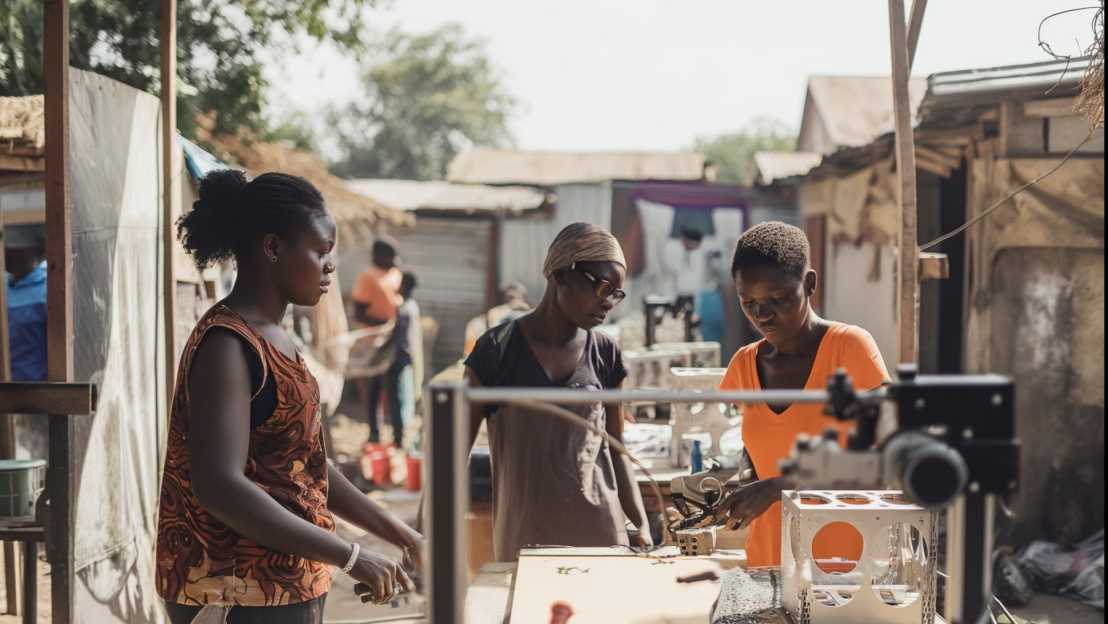ETH4D Research Challenges & Pilot Projects
Ongoing ETH4D Research Challenges & Pilot Projects
Research Challenge
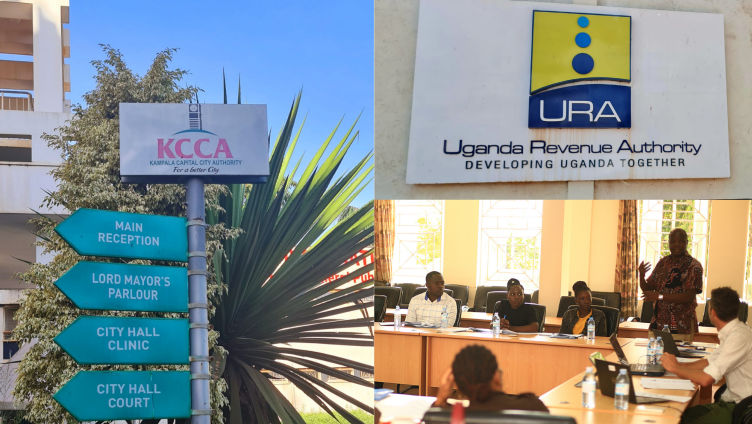
Tax Compliance in Multilevel Tax Systems
Contact: Dr. Rose Camille Vincent
Partners:
- external page external page Dr. Stephan Dietrich (Maastricht University)
- external page Prof. Firminus Mugumya & external page Fred Kasalirwe (Makere University)
- external page Uganda Revenue Authority & external page Kampala Capital City Authority
Research Challenge
Contact: Dr. Daniel Richards
Partners:
- external page Centre for Infectious Disease Research in Zambia
- Kanyama General Hospital
Research Challenge
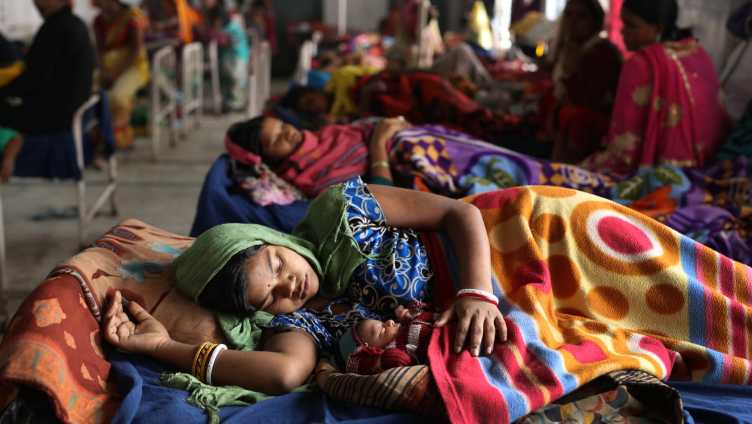
Digital Solutions for Perinatal Depression
Contact: Dr. Sonali Mohanty Quantius
Partners:
- external page NIMHANS (India)
- external page White Swan Foundation (India)
Research Challenge
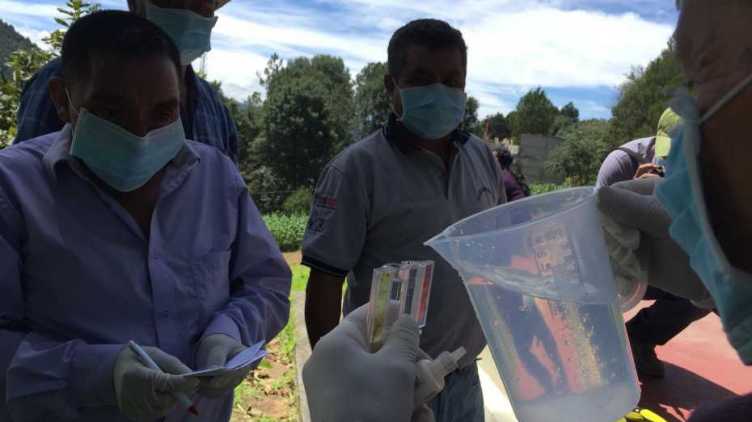
Chlorination Intervention for Rural Supplies
Contact: external page Dr. Sara Marks
Partner:
- external page Helvetas (Guatemala)
Research Challenge

Human faeces-derived biochar for agriculture
Contact: Prof. Johan Six
Partners:
- external page Mosan (Guatemala)
- external page Vivamos Mejor (Guatemala)
Research Challenge

Low-Cost Sustainable CEB Dwellings
Contact: Prof. Kristina Shea
Partners:
- external page Arup (United Kingdom)
- external page Gianni Botsford Architects (United Kingdom)
- external page Cooperative Belarej (Morocco)
- external page Argilex Sarl (Morocco)
Research Challenge
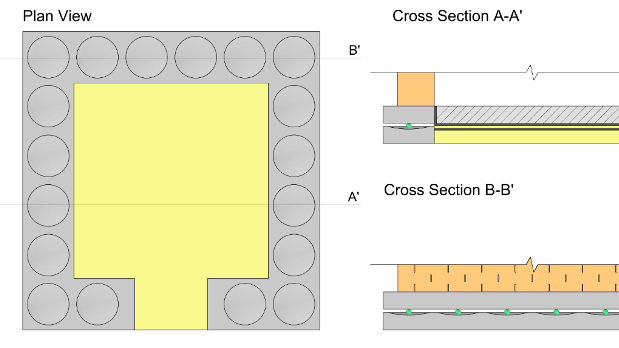
Reusing Tennis Balls for Seismic Isolation
Contact: Prof. Michalis Vassiliou
Partners:
Research Challenge
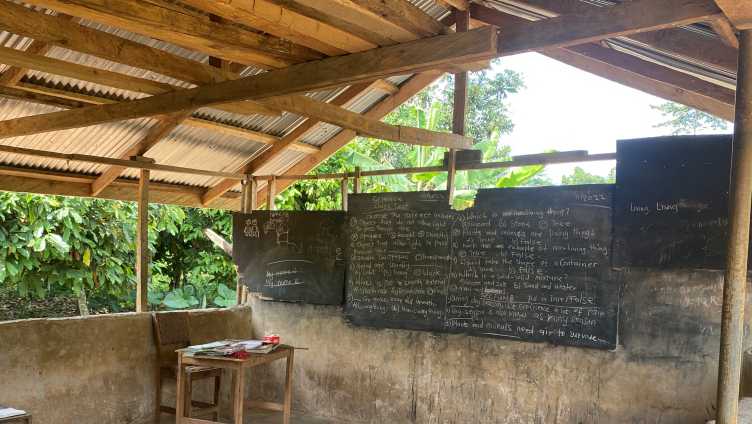
Reducing Child Labour in Cocoa Production
Contact: Prof. Isabel Günther
Partners:
- external page University of Ghana (Ghana)
- external page International Cocoa Initiative (ICI) (Switzerland)
Research Challenge

Integrated Approach to Water, Sanitation and Solid Waste
Contact: external page Dr. Abishek S Narayan
external page Dr. Christoph Lüthi
Partners:
- external page Makerere University
- external page Ministry of Water and Environment
- Town Councils of Kakooge and Wobulenzi
Pilot Project
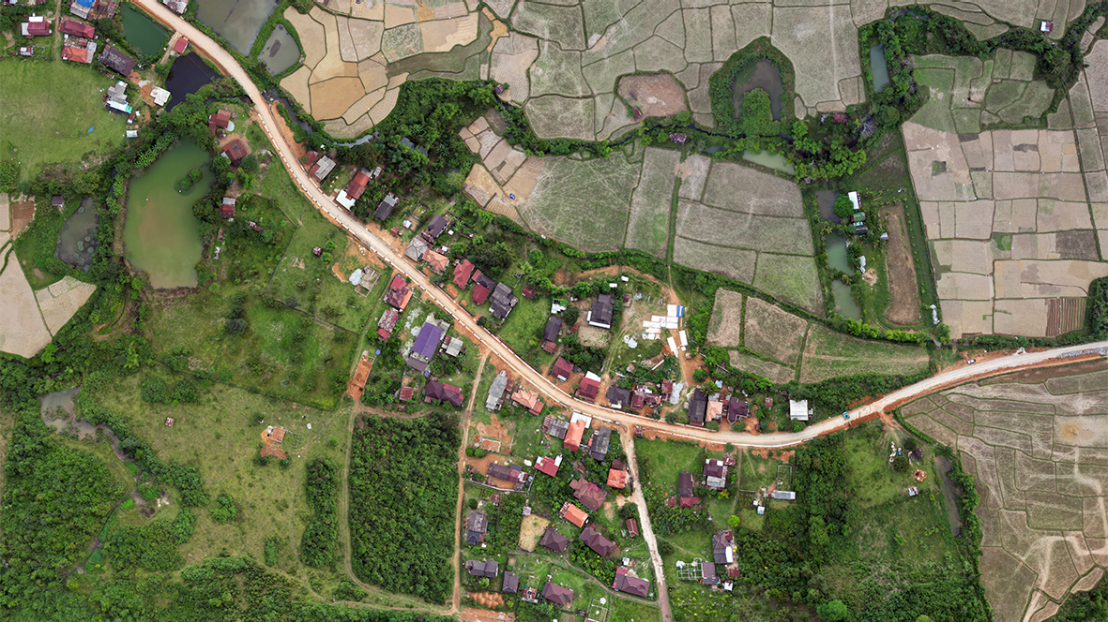
Planning a prosperous forest-infrastructure-matrix
Contact: Dr. Fritz Kleinschroth
Partners:
Pilot Project
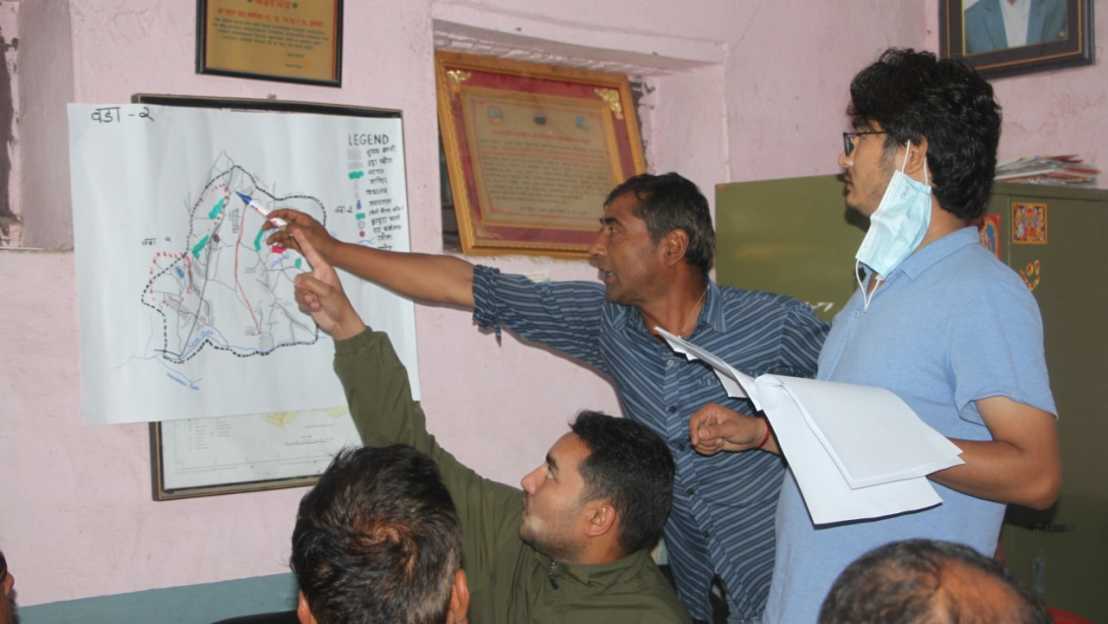
Serious Games and Forum Theatre as Catalysts for Inclusive & Participatory Green Transition
Contact: Dr. Anne Giger Dray
Partners:
Pilot Project
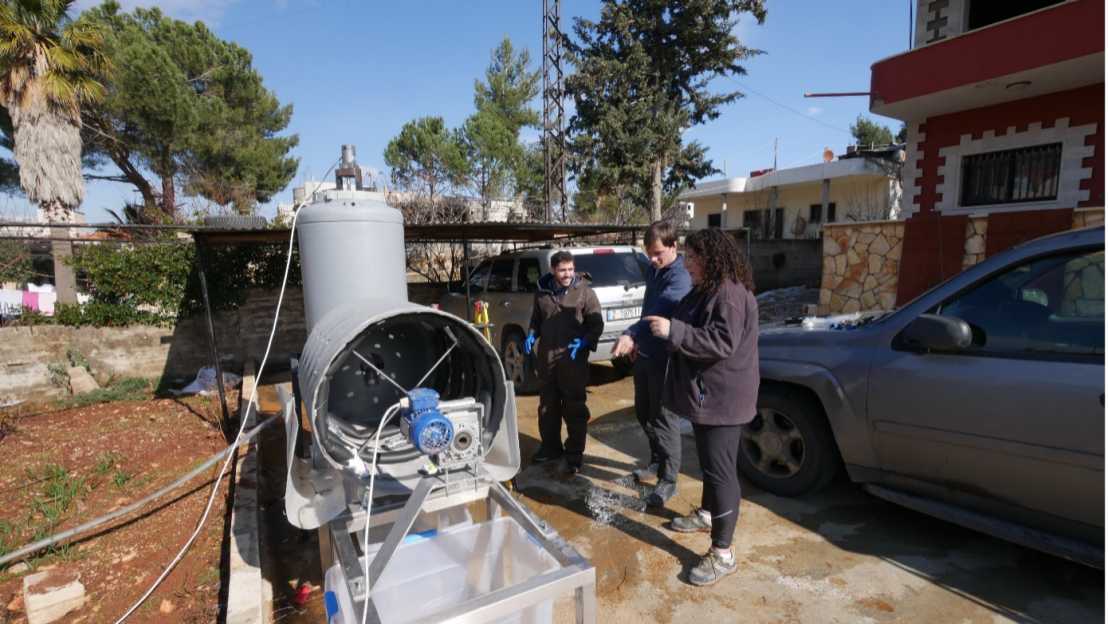
Real-time monitoring for faecal sludge dewatering in Lebanon
Contact: external page Dr. Linda Strande
Partner:
- external page CubeX (Lebanon)
Pilot Project
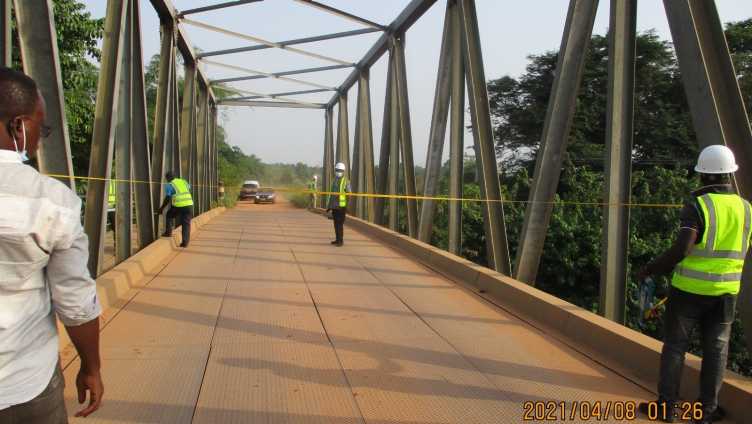
Low-cost Monitoring of Critical Infrastructures
Contact: Dr. Vasileios Ntertimanis
Partners:
Pilot Project
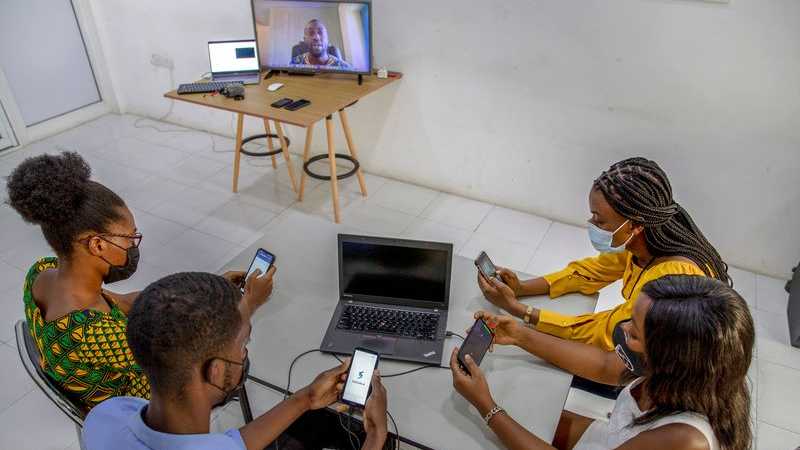
Personal WhatsApp AI Teaching Assistant
Contact: Dr. George Boateng
Partner:
Pilot Project
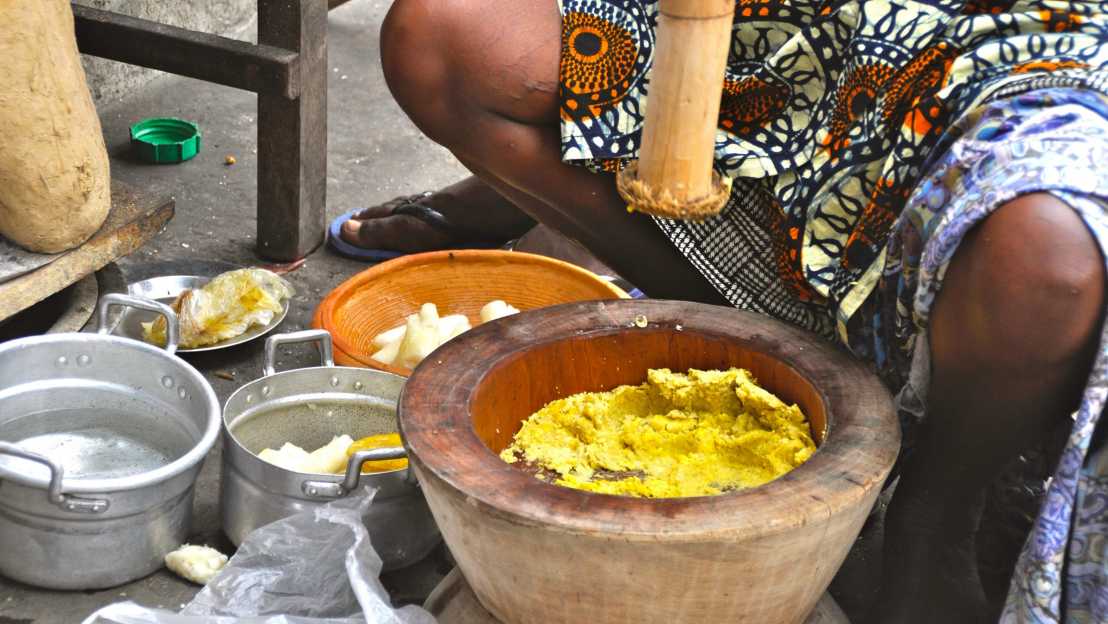
Empowering informal workers through unionization
Contact: Dr. Patrick Illien & Anna Fabry
Partner:
Pilot Project

Authority Formation in Fragmented Conflicts
Contact: Markus Geray
Prof. Andreas Wenger
Partners:
- external page Groupe d’Etudes sur les Conflits et la Sécurité Humaine (GEC-SH), DRC
- external page International Peace Information Service (IPIS), Belgium
Pilot Project

Flood Risk Mitigation in Humanitarian Settlements
Contact: Dr. David Kostenwein
Prof. David Kaufmann
Partner:
Completed ETH4D Research Challenges & Pilot Projects
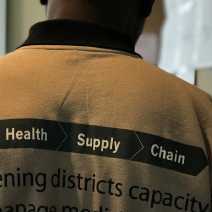
Logistics Preparedness for Disease Outbreaks in Uganda
Outbreaks of infectious diseases are regular occurrences in Uganda, whose borders with unstable and disaster-prone neighbors expose the country to imported contagion. If not detected early and effectively contained, these deadly diseases threaten the health and economic well-being of the entire population, and beyond. Disease response is therefore a top priority for the Ministry of Health of Uganda, which has recognised logistics preparedness to be a key success factor.
The research applies the design science methodology to this ill-structured, practice-based problem. The iterative solution search will draw on scientific network optimization, based on historical patterns of disease outbreak, to compute which locations and levels of stock maximize responsiveness. The project works collaboratively with cross-sectoral stakeholders on the ground to refine the solution prototypes, then support implementation.
Contact: Prof. Stephan Wagner, Department of Management, Technology, and Economics
Focus Country: Uganda
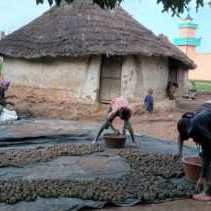
Low-cost Sustainable Reforestation with Seedballs
The project addresses the global challenge of affordable and sustainable reforestation in Guinea with the local resource seedball as a potential solution. Current reforestation projects try to reduce costs by concentrating on single tree species which requires expensive nurseries and create unsustainable monocultures. In contrast, through an affordable, efficient, bottom-up and participatory approach, arboRise increases the number of species and selects those trees useful for the local population. Millions of seeds are harvested locally by local residents, coated with a protective mixture of charcoal and clay, and directly sown in the same region on multiple land patches. The ForDev Group will assess the social impact of the actions to ensure an adaptive and responsive reforestation process. Thereby importance is given to socially informed dialogues and monitoring processes, which can provide access and control rights over restored landscapes, giving control to local communities over their development pathway. By demonstrating the performance of low-cost sustainable reforestation with seedballs, the project aims to boost reforestation projects worldwide to ultimately provide a major contribution in the fight against climate change.
Contact: Dr. Claude Garcia, Forest Management and Development
Focus country: Guinea
Partners:
- ForDev (Guinea)
- Guidre (Guinea)
- external page arboRise (Guinea)
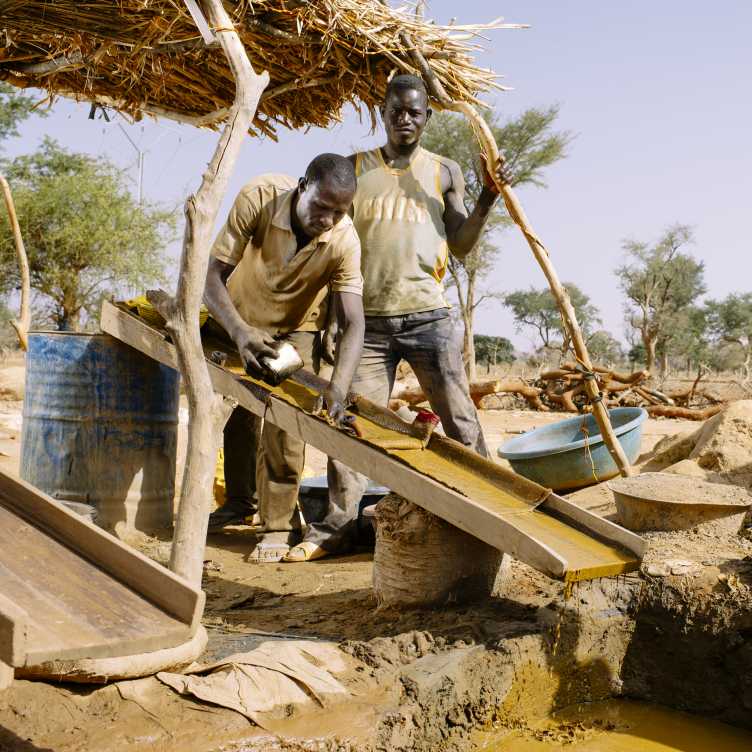
Safer Artisanal Gold Mining
Worldwide there are about 20 million artisanal and small-scale gold miners. Most of them are poor individuals, trying to make a living by searching for gold. In Burkina Faso alone there is an estimated one million artisanal miners, working in dangerous conditions to secure a livelihood.
One popular method by small-scale gold miners is gold amalgamation, which uses mercury to extract the gold from gold ore. This method makes small-scale gold miners the largest human cause of mercury pollution in the world. Mercury pollution has serious environmental and health impacts. As it is not biodegradable, it can be absorbed in certain crops and fish, negatively influencing even neighbouring non-mining communities.
Although mercury is extremely dangerous for humans, various studies have shown that miners, including those in countries like Burkina Faso, seldom use protective gear, such as gloves, masks or retorts. The research investigated miners’ knowledge, perceptions and preferences of mercury use and personal protective gear by visiting miners on four different artisanal mining sites in the north of Burkina Faso.
Contact: Prof. Isabel Günther, Development Economics Group
Focus country: Burkina Faso
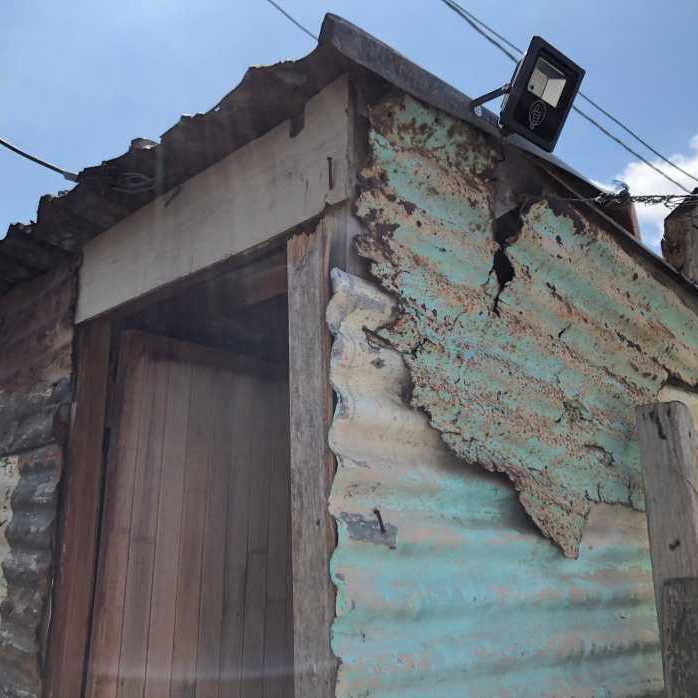
New Public Lighting for Informal Settlements
Rapid urbanization worldwide has led to public service challenges that disproportionately affect residents of informal and poor neighborhoods. While much work focuses on access to water, sanitation, and electricity, public lighting is a neglected topic in research and policymaking. Few informal neighborhoods have sufficient public lighting, yet it might play an important role in enabling people to feel safe outside at night as well as in accessing shared basic services, like toilets or water taps.
This transdisciplinary project useda field experiment to test the efficacy of a new public lighting technology — solar lights mounted onto residents’ houses — in an informal settlement in Cape Town, South Africa. In Cape Town, the majority of informal settlements receive public lighting from 30-40 meter tall high-mast lights, typically used for stadiums, despite the technology’s failure to provide sufficient light in dense, urban spaces. The project both qualitatively and quantitatively evaluated the impact of improved public lighting on life at night, in particular, mobility, outdoor activities, and perceived safety.
Contacts: Prof. Isabel Günther, Development Economics Group; Yael Borofsky and Stephanie Briers, Institute for Science, Technology and Policy
Focus Country: South Africa
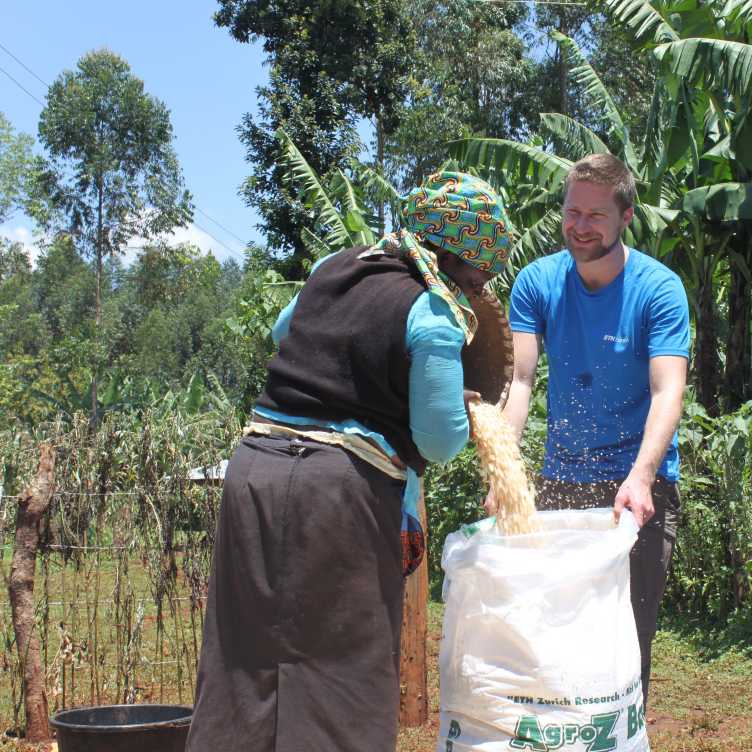
Climate Adaptation through Improved Storage (Adopt2Adapt)
Climate change is expected to worsen global food insecurity and poverty. These adverse effects will be most pronounced in areas already suffering from high levels of poverty and hunger, including Sub-Saharan Africa. Yields, in particular for maize – the staple crop for most countries of Eastern Africa – are projected to experience a double-digit decrease in tropical regions, even when adaptation measures are implemented, and yield fluctuation is expected to increase, further amplifying poverty and food insecurity in the region.
The research focused on low-cost technology for improved on-farm storage. Hermetic storage bags limit atmospheric oxygen, which causes desiccation of insects and other pests that damage stored grains whereby fungal growth is restricted in hermetically stored grains, if the produce is sufficiently dried. Hermetic storage bags could thus curb post-harvest losses and allow farmers to store their produce longer and could help farmers’ cope with yield fluctuations induced by climate change. However there are no studies that systematically analyze these effects under realistic everyday conditions. This transdisciplinary project analysed the potential of improved on-farm storage for reducing the adverse effects of climate change on smallholder farmers' income and food security. The research was carried out with a sample of ~8’000 smallholder farmers in Western Kenya with randomly allocated interventions of hermetic storage bags per smallholder farming household. Over the course of two years, data was collected through SMS-based mobile phone surveys, an efficient and effective method to collect data at high frequency.
Contact: Prof. Dr. Thomas Bernauer, International Relations
Focus country: Kenya
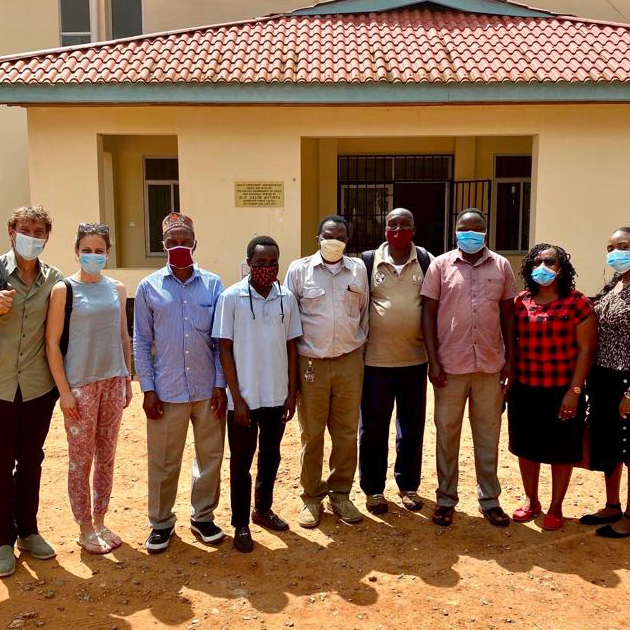
Iron and Vaccine-preventable Viral Disease
Dealing with the COVID-19 pandemic requires a better understanding of health conditions that modulate the immune response to the virus as well as ensuring the efficacy of future vaccines. While immunisation programs have achieved high coverage on the African continent, vaccines often underperform compared to high-income countries. Why vaccines do not work as well in Africa remains uncertain. Malnutrition likely plays a role. Iron deficiency anemia (IDA) weakens the adaptive immune response and thereby may impair response to vaccines. In Kenya, anemia affects 25% of women of reproductive age.
This experimental study with 112 participants assessed whether IDA in Kenyan women impairs their immune response to viral vaccines and whether iron treatment improves their response. Participants were randomly assigned to a treatment (immediate iron-treatment) and control (delayed iron-treatment) group to measure differences in vaccine response to three anti-viral vaccines (influenza, yellow fever, and measles-rubella).
Contact person: Dr. Nicole Stoffel, Department of Health Sciences and Technology
Focus country: Kenya
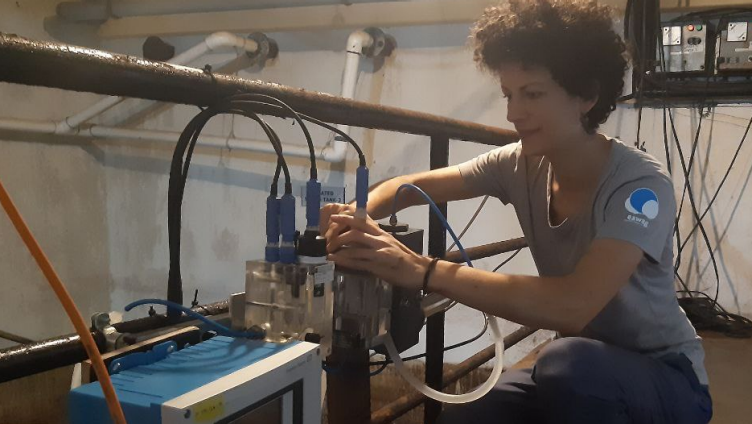
Online-monitoring of recycled water quality
Communities across the world face water supply challenges due to increasing demand,
drought, groundwater depletion and contamination, and aging infrastructure. In many regions, treated wastewater water could be used as an alternative water source, as it provides reliable quantities of water, all while relieving the stress on freshwater resources. The challenge for such systems is that safety, especially in terms of microbial water quality, must be ensured at all times.
In India, the reuse of treated wastewater has been getting increased attention due to rising pressures on water supplies, especially in water-scarce cities. In the city of Bangalore, the local government has issued a zero-discharge policy that requires large apartment building to treat and reuse their wastewater on-site, for example for toilet flushing. However, there is limited information on short-term variations of the microbial water quality from such on-site water reuse systems, as water samples are usually sent to specialised laboratories only once a month.
This project evaluates the microbial water quality from on-site water reuse systems in Bangalore and investigate strategies for real-time monitoring of the treated water. We will implement a range of commercially available and inexpensive online sensors in two existing water reuse systems and take daily samples of the microbial water quality. This data will then be used to train machine learning algorithms to predict the microbial water quality using the sensor measurements. Ultimately, such monitoring algorithms could be used to send out an alarm when water quality targets are not met, and thus prevent residents from getting sick from using insufficiently treated water.
The knowledge generated in this research will be relevant for several audiences:
1. academics who are increasingly interested in field-based evidence of on-site water reuse systems
2. local regulators who will be provided information on how selected systems perform in the field and which parameters are crucial for performance assessment
3. building owners and operators of water reuse systems, for which online monitoring can be linked to an increase in actual performance as well as an increase in trust by the customers.
Contact: Prof. Eberhard Morgenroth
Partner:
- external page ATREE (India)
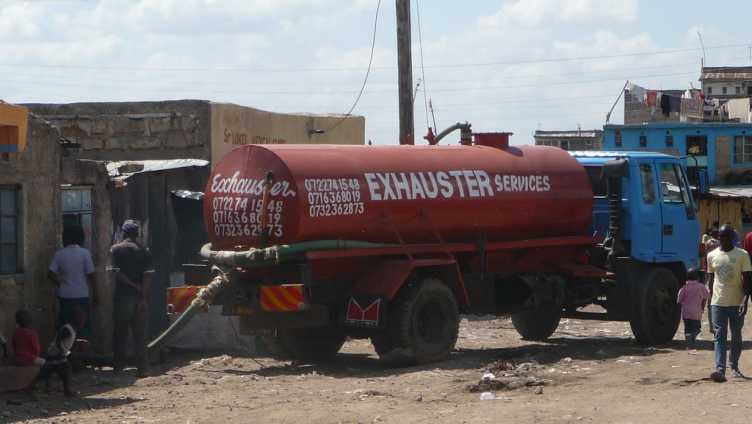
Modular Humanitarian Sanitation Solution
Sistema.bio is a large-scale social enterprise that has installed 20,000+ animal waste biodigesters globally. The anaerobic biodigester developed by Sistema.bio transforms human waste to energy. To date, Sistema.bio has installed 120 units globally at households, schools, and for decentralized faecal waste treatment plants. The modular design makes it uniquely suited to humanitarian environments with a 20-year lifetime and a fast, masonry-independent installation. A limiting factor to the mass rollout of the biodigester is the need for secondary effluent treatment (pathogen removal) after the biodigester has produced gas. For this project, a prototype effluent pasteuriser (powered by biogas) has been developed to enable implementation and optimisation. The project proposes to operate a pilot biodigester + pasteurisation unit at a treatment plant in Kisumu, Kenya. The installation will include a 20m3 biodigester and a pasteurisation unit. Thermal calculations show that biogas derived should be sufficient to power a pasteuriser to treat waste.
The ultimate goal of the work is to bring a completely modular human waste treatment system to market for use in humanitarian settings. Provisional interviews with key stakeholders (incl. Red Cross, PeaceWinds Japan) have suggested that there is significant demand in humanitarian settings where safe management of human waste consistently a problematic issue that leads to ill health and loss of human life.
Contact: Prof. Elizabeth Tilley
Partners:
- external page Opero (Kenya)
- external page Sistema.bio (Kenya)

Informed Sanitation and System Choices for CWIS
Seed Project
Today, half of the global population lack access to safe sanitation globally. Most of them in developing urban areas where conventional centralized sewer systems are not viable. Improved planning practices are urgently needed. Citywide Inclusive Sanitation is an framework for providing inclusive access to adequate and sustainable sanitation services, including the safe, effective, and sustainable management of all human waste along the whole sanitation service chain.
To develop a strategic CWIS plan requires a strategic multi-stakeholder planning process. One challenge remaining is the identification of sanitation technologies along the sanitation value chain combined with viable financing and operation models. Identifying a locally appropriate and sustainable combination of sanitation technologies and system configuration is a complex multi-criteria decision-making problem involving a growing number of technical solutions, multiple criteria, local conditions, and trade-offs. To enable practitioners to make a systematic and informed choice Eawag, with its partner in Nepal and Ethiopia, has developed SaniChoice, an open-source online tool for informed sanitation technology and system choice as an input into the decision process. In this project, we will test SaniChoice together with a locally developed draft guideline for CWIs planning. With this, we hope to learn more on how best to apply SaniChoice as well as to improve the existing guide with specific information for each step of its implementation.
The project is a strategic opportunity to contribute to the development of best practices in CWIS planning in Nepal. This contribution is made through the development of knowledge on how to implement CWIS planning including SaniChoice. This knowledge is directly transferrable to many other municipalities in the country and the region.
Contact: external page Dorothee Spuhler
Partners:
- external page Changunarayan Municipality (Nepal)
- external page 500B (Nepal)
- external page CWIS-A (Nepal)
